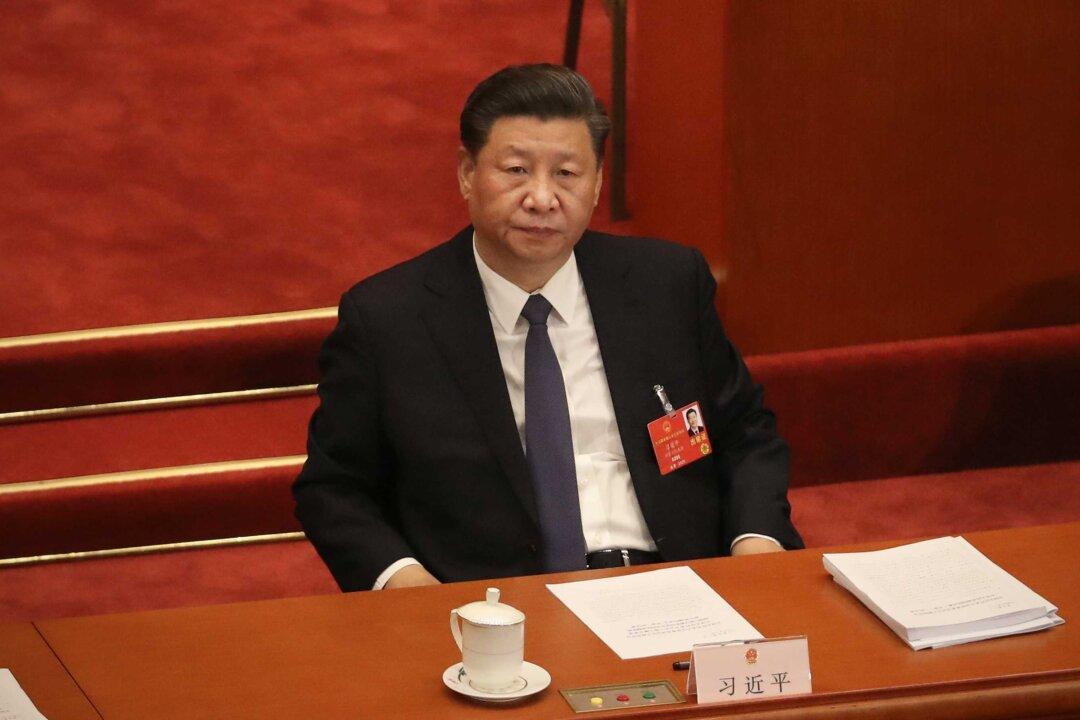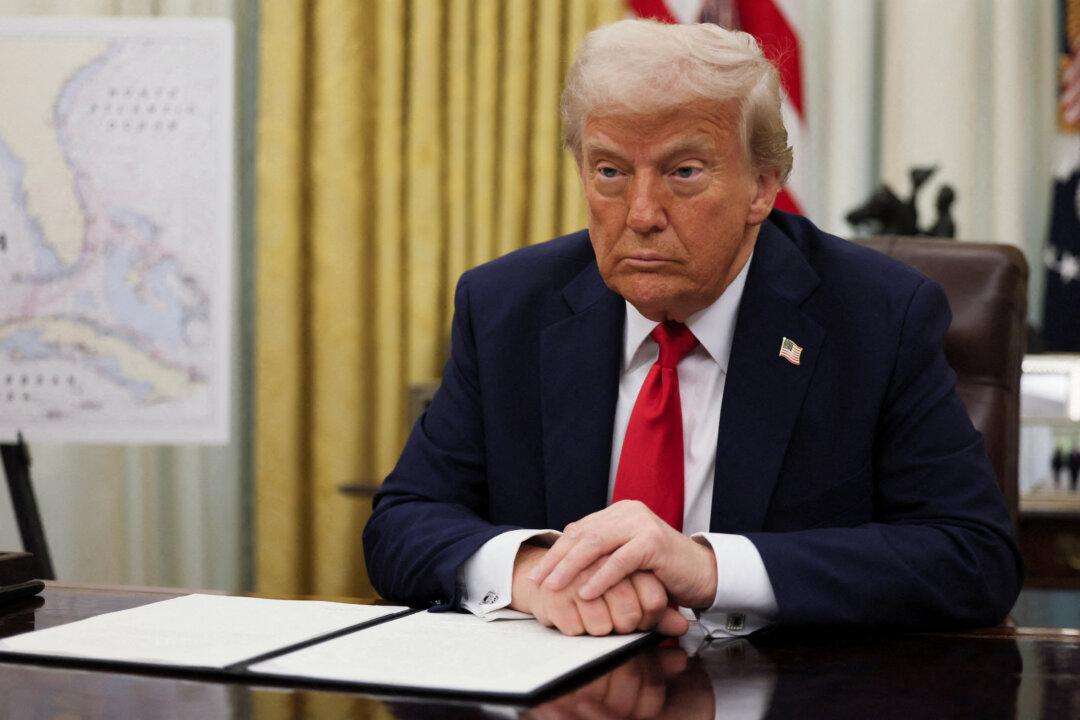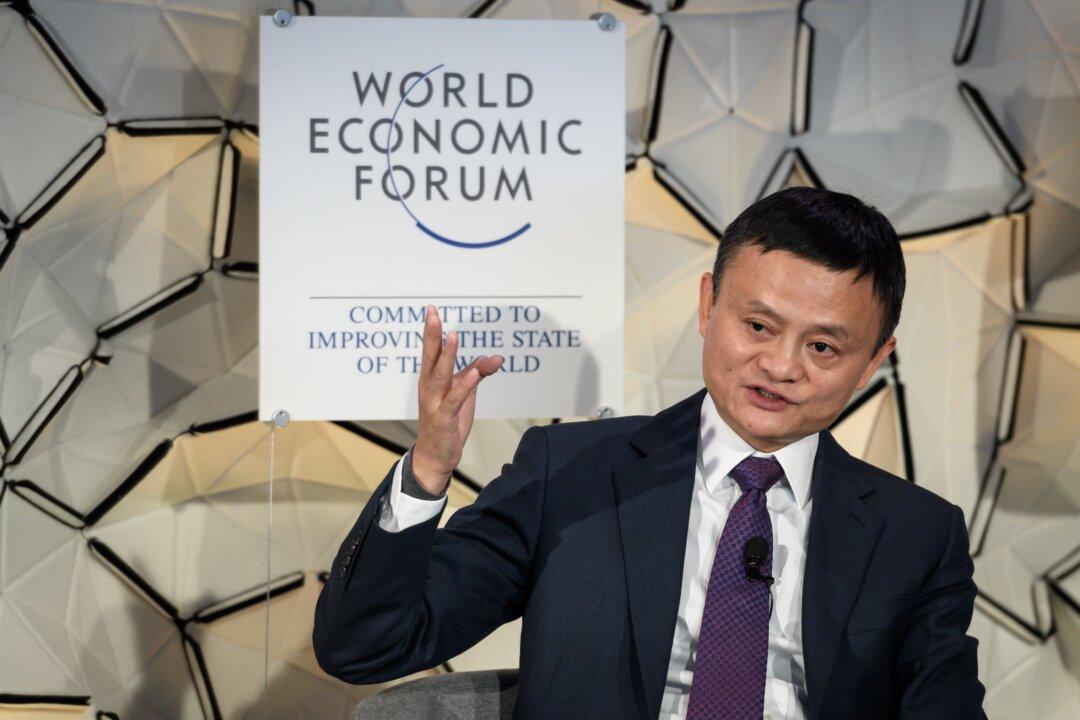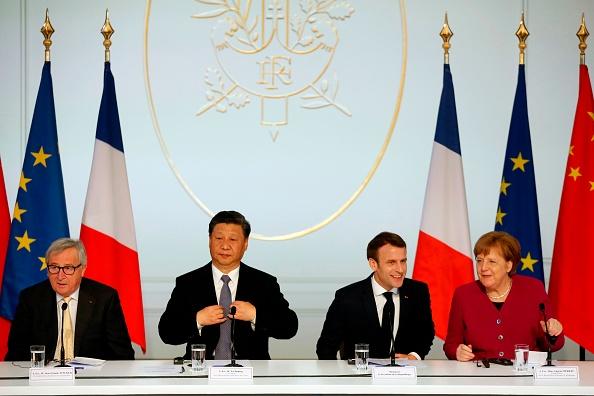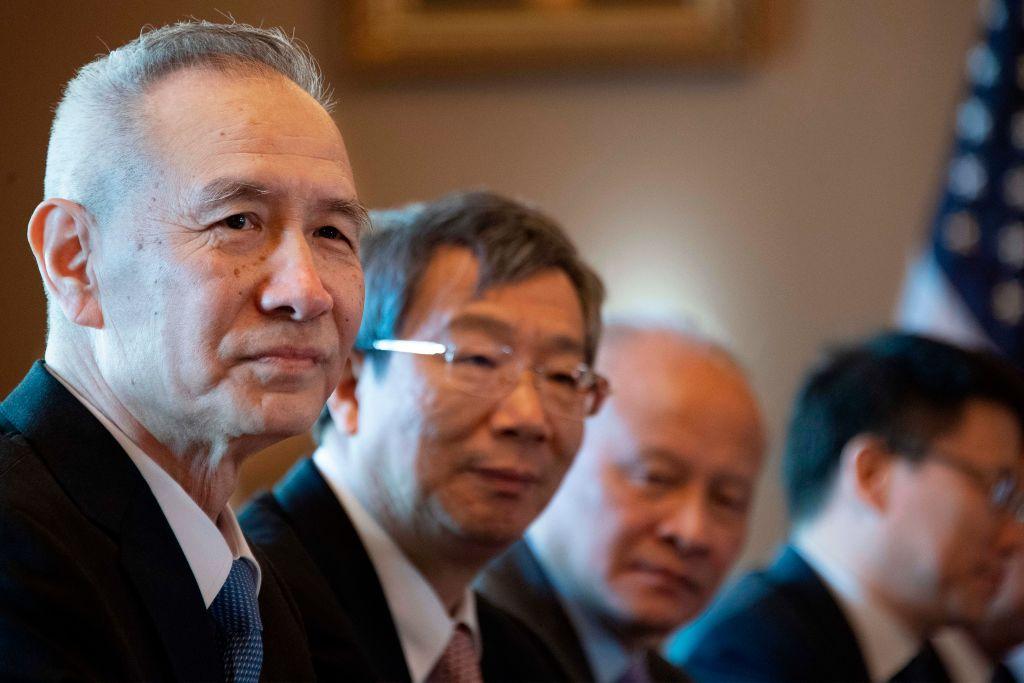Commentary
Chinese leader Xi Jinping delivered two New Year’s speeches on Dec. 31. One speech was delivered to the nation, and the other was addressed to the members of China’s top political advisory body, the Chinese People’s Political Consultative Conference (CPPCC). Xi’s outlook for 2021 didn’t sound reassuring as China is currently facing domestic and international pressures. It seems as if Xi and the top leaders of the Chinese Communist Party (CCP) don’t know how to guide the country into the new year.
